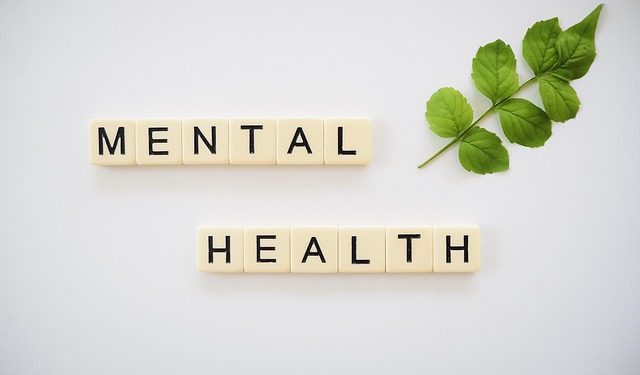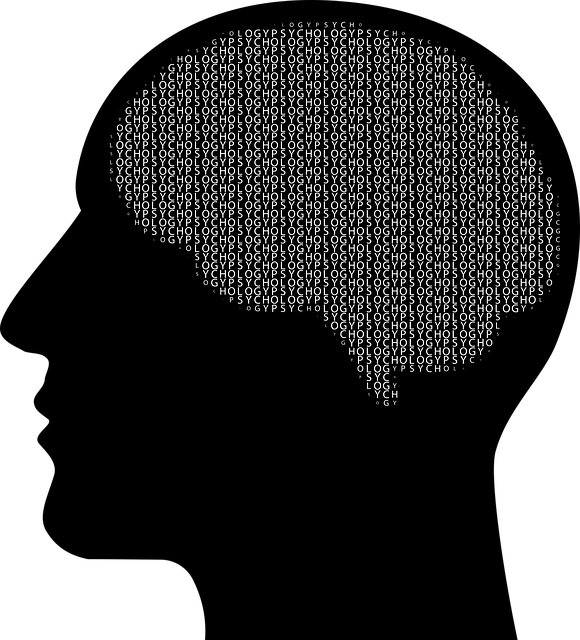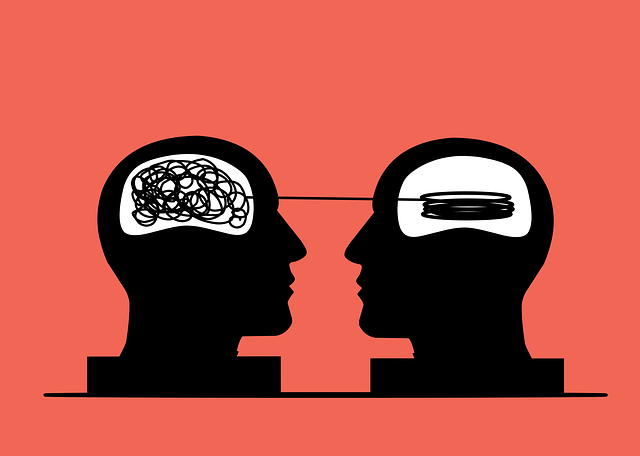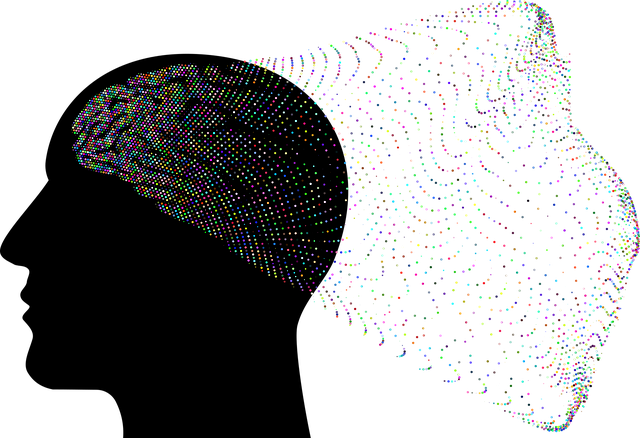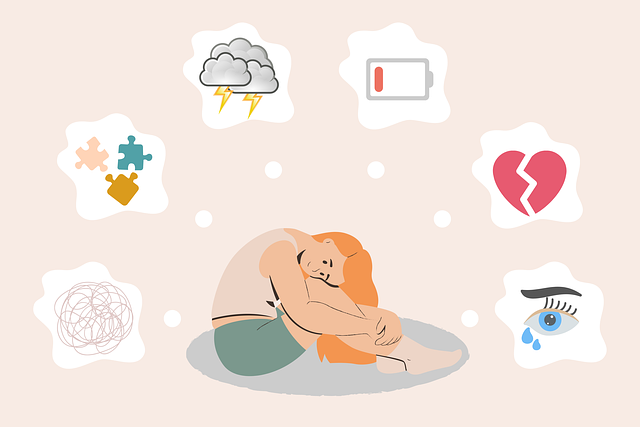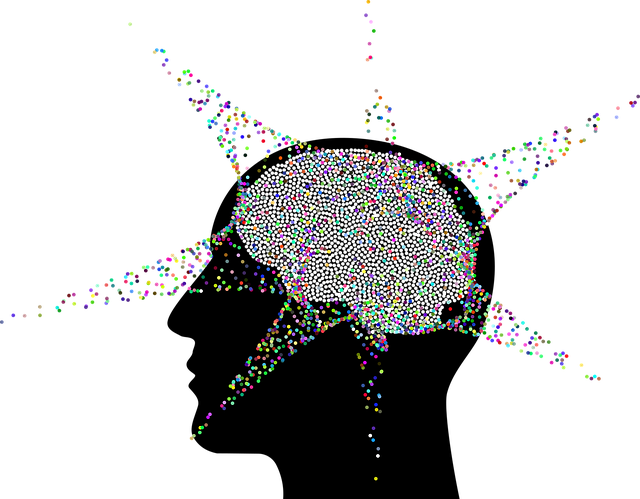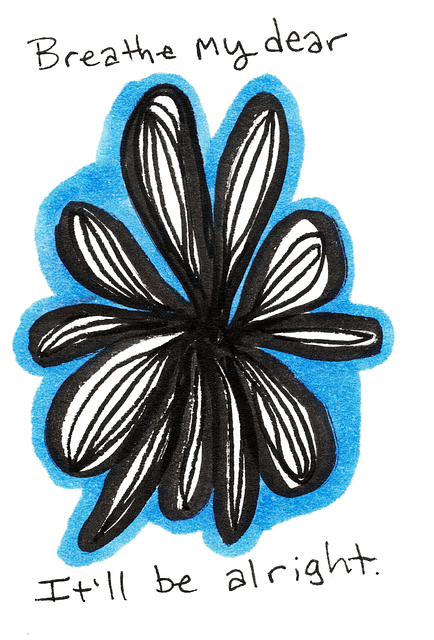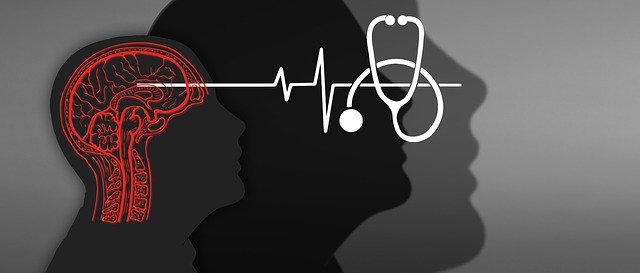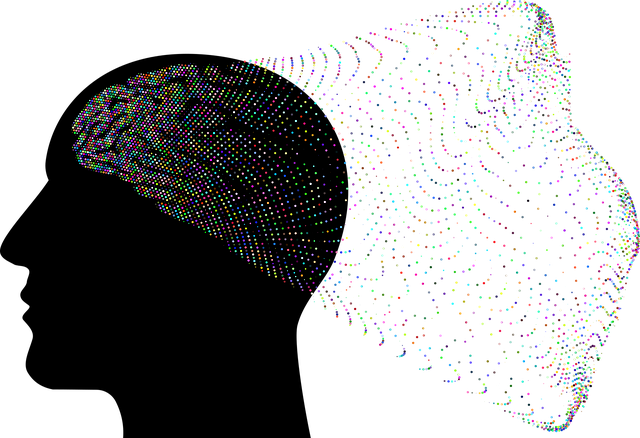Arvada Developmental Disability Therapy is a leader in destigmatizing mental health through comprehensive programs, community engagement, and awareness campaigns. Their holistic approach emphasizes early recognition of distress signs, self-awareness, and cultural sensitivity, fostering an inclusive society where mental and physical health are equally valued. By offering personalized, engaging programs like Inner Strength Development and Mind Over Matter, they empower individuals to proactively manage their mental well-being. Through diverse evaluation methods and continuous improvement, Arvada ensures long-term impact and risk management within their mental health education programs.
Mental health education programs play a pivotal role in fostering well-being and breaking down stigma. This article explores comprehensive strategies for designing effective initiatives, drawing insights from Arvada Developmental Disability Therapy’s innovative approach. We delve into key components such as understanding mental health, tailoring programs for diverse audiences, implementing practical activities, and measuring success through evaluation and feedback. By integrating these elements, communities can create inclusive environments that promote mental wellness for all.
- Understanding Mental Health: Breaking Down Stigma and Promoting Awareness
- Tailoring Programs for Diverse Audiences: A Comprehensive Approach by Arvada Developmental Disability Therapy
- Practical Components of Effective Education: Strategies and Activities
- Measuring Success: Evaluation, Feedback, and Continuous Improvement
Understanding Mental Health: Breaking Down Stigma and Promoting Awareness

Mental health is a fundamental aspect of overall well-being, yet it’s often misunderstood and stigmatized.
Arvada Developmental Disability Therapy emphasizes the importance of breaking down these barriers to foster an environment where individuals feel comfortable discussing their mental health concerns openly. Through targeted education programs, community outreach, and public awareness campaigns, we aim to promote understanding and challenge societal misconceptions. By encouraging self-awareness exercises and positive thinking, our initiatives empower people to recognize signs of distress early on and seek appropriate support. Ultimately, this holistic approach contributes to a more inclusive society where mental health is prioritized and nurtured alongside physical health.
Tailoring Programs for Diverse Audiences: A Comprehensive Approach by Arvada Developmental Disability Therapy

Arvada Developmental Disability Therapy emphasizes a comprehensive approach to tailoring mental health education programs for diverse audiences. They recognize that one-size-fits-all strategies rarely resonate with varied groups, each having unique needs and backgrounds. To address this, their programs are meticulously designed to incorporate cultural sensitivity, accessibility considerations, and tailored interventions. This individualized approach ensures that educational content is not only understood but also felt relevant by participants from diverse communities, including those with developmental disabilities.
By integrating burnout prevention strategies for healthcare providers, emotional healing processes, and public awareness campaigns development, Arvada Developmental Disability Therapy’s programs holistically address mental health issues. They believe in fostering an inclusive environment where everyone feels seen and heard. This approach not only enhances learning outcomes but also encourages open discussions on sensitive topics, ultimately contributing to a more compassionate and supportive society.
Practical Components of Effective Education: Strategies and Activities

Effective mental health education programs are designed to be engaging, interactive, and practical. At Arvada Developmental Disability Therapy, we emphasize strategies that foster Inner Strength Development and promote Mind Over Matter Principles. These programs go beyond theoretical knowledge by incorporating hands-on activities that cater to diverse learning styles. For instance, role-playing scenarios help individuals practice Communication Strategies, building confidence in expressing emotions and needs effectively.
Interactive workshops, group discussions, and art therapies are also integral parts of our approach. These methods encourage participants to explore their mental health journeys, develop coping mechanisms, and cultivate resilience. By combining traditional teaching methods with innovative practices, we ensure that the education is not only informative but also empowering, leaving individuals equipped with the tools to navigate their mental well-being proactively.
Measuring Success: Evaluation, Feedback, and Continuous Improvement

Evaluating the success of a mental health education program is crucial for its continuous improvement and long-term impact. At Arvada Developmental Disability Therapy, we believe in measuring progress through diverse evaluation methods. This involves collecting qualitative and quantitative data from participants, instructors, and stakeholders to assess knowledge retention, skill application, and overall program effectiveness. Regular feedback sessions are conducted to gain insights into the program’s strengths and areas for enhancement.
By integrating these feedback mechanisms, we aim to create a dynamic learning environment that adapts to evolving needs. Moreover, this approach supports risk management planning for mental health professionals by identifying potential burnout triggers within the curriculum. Additionally, focusing on evaluation fosters the development of self-care practices among healthcare providers, ensuring they can effectively support others while maintaining their well-being.
Mental health education programs, as demonstrated by Arvada Developmental Disability Therapy’s comprehensive approach, are vital tools in breaking down stigma and fostering understanding. By tailoring content for diverse audiences and incorporating practical strategies, these programs can effectively enhance mental wellness awareness. Measuring success through evaluation and feedback ensures continuous improvement, allowing us to create a more inclusive and supportive society. Let’s continue to innovate and expand access to quality mental health education, drawing from the valuable insights shared here.
